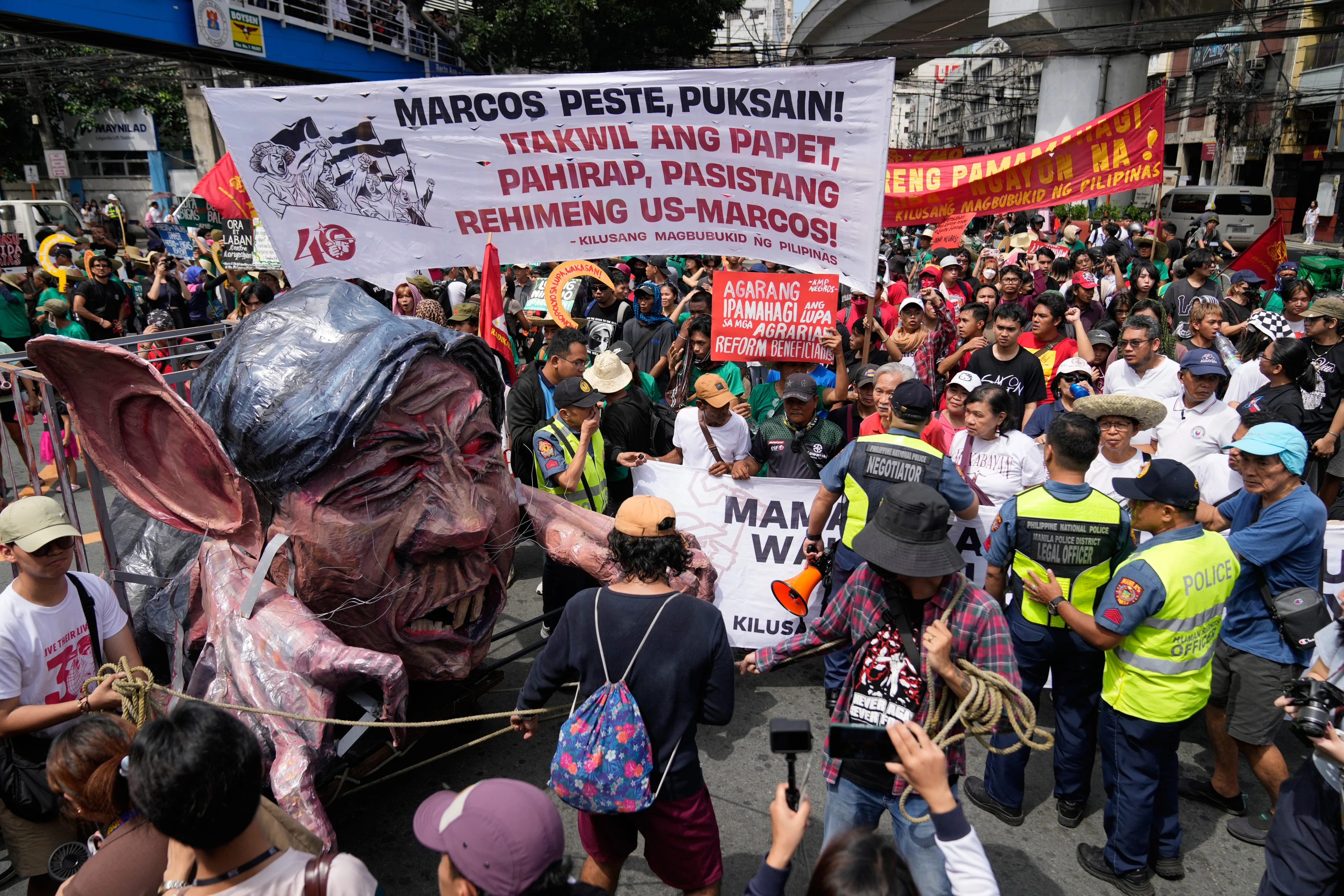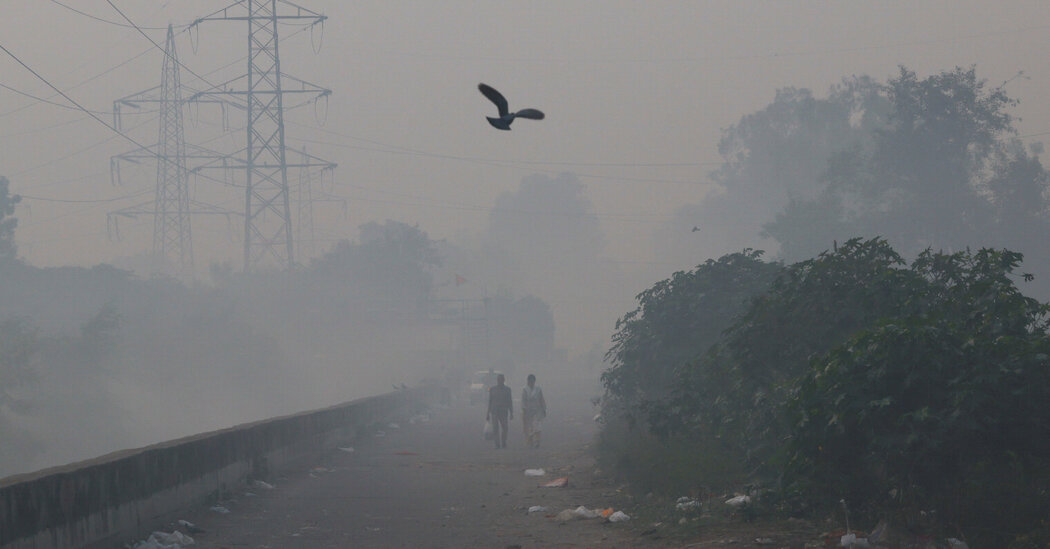Copyright scmp

Public anger over corruption has boiled over in the Philippines, sending President Ferdinand Marcos Jnr’s approval ratings tumbling and potentially tilting the balance of power with his political rivals. The latest survey by Pulse Asia Research shows that Filipinos are increasingly blaming the government’s recent corruption scandals – from flood control “ghost projects” to lavish spending by politically connected contractors – for their daily struggles, such as inflation and inadequate infrastructure. As a consequence, Marcos’ approval ratings plummeted to 33 per cent in September, nine points down from 42 per cent in June, according to the survey conducted from September 27 to 30. The poll found that Vice-President Sara Duterte-Carpio’s approval had also dropped but to a lesser degree – from 59 per cent in June to 55 per cent in September. Analysts say this discrepancy shows that Duterte-Carpio – the daughter of former president Rodrigo Duterte, who has gone from being Marcos’ ally to one of his chief political rivals – may be able to take advantage of the corruption backlash, potentially giving a boost to her family’s coalition and her 2028 presidential bid. “It is clear that the president is hurt more by the corruption issues than the vice-president … While [Duterte-Carpio] is negatively affected by corruption issues too, what is different, in this case, is that she continues to enjoy the support of her political base,” Nathaniel Candelaria, assistant professor of political science at the University of the Philippines Diliman, told This Week in Asia. Connecting the dots The survey showed corruption had catapulted to the top of urgent national concerns at 51 per cent, a 27-point jump from 24 per cent in June. “This overall level of concern is essentially the same as that recorded on the issue of inflation (54 per cent) – an issue that has consistently been the leading urgent national concern of adults in the country,” the Pulse Asia release read. Those figures reflect the magnitude of public anger over the ongoing investigations into billions of pesos linked to corruption-riddled flood control projects. Deep flooding across various parts of the country in July prompted Marcos to order an investigation, which revealed the existence of incomplete or substandard projects – including phantom ones for nonexistent infrastructure – despite 545 billion pesos (US$9.37 billion) being disbursed for flood control since 2022. The investigation found that only 15 out of 2,409 registered contractors hoarded 100 billion pesos worth of these projects. On September 21, nearly 90,000 marched in protest over widespread corruption linked to these infrastructure projects, according to government estimates. Although corruption is a persistent problem in the Philippines, observers say the reason these recent scandals have struck such a nerve is because Filipinos are already struggling with inflation and crumbling infrastructure, amplifying perceptions of government ineffectiveness. “Filipinos are now able to connect their experiences with previously abstract issues of corruption,” said Jan Robert Go, a political-science associate professor at the University of the Philippines Diliman. “With the successive typhoons and flooding, people felt that the government should have been on top of these, only to find out later that funds for flood control programmes were misused and pocketed by politicians, government officials and contractors.” Gino Trinidad, a doctoral researcher on urban poor settlement communities at the University of the Philippines’ National College of Public Administration and Governance, said the endemic nature of corruption in the country could lead Filipinos to prioritise “bread-and-butter issues” such as workers’ wages, poverty reduction and rapid price rises of commodities. “However, what I find crucial now is that the average Filipino can now directly link the issues of graft and corruption in government with these ‘bread and butter issues’,” he said. Issues such as lavish spending by “nepo babies” and excessive lifestyles of contractors had helped create a direct connection between public corruption and the plight of the average Filipino, he added. Arjan Aguirre, an assistant professor at the Ateneo de Manila University’s political science department, attributed the public focus on corruption to a “salience effect”, indicating that people had started to shift their attention from inflation to corruption, based on what dominated the national conversation. “This only shows that the issue of flood control and how it dominates news coverage these days seem to have already affected public sentiment or public opinion. This is a significant increase in public awareness,” he said. Political implications The corruption scandal comes amid the increasingly fractious rivalry between Marcos and Duterte-Carpio, who is rumoured to be planning a presidential bid in 2028. Duterte-Carpio has also faced accusations of corruption, including the misuse of confidential funds amounting to more than 600 million pesos. However, analysts say the recent poll results show that she and her family have managed to turn the scandals to their benefit. “It seems that the Dutertes were able to use these issues to galvanise support from her political base,” Candelaria said. “Her supporters might interpret the corruption issues raised against the vice-president as an attack against her future political plans.” Aguirre said the drop in Marcos’ ratings indicated that his “publicity stunts” in courting public support had backfired. Developments such as the creation of an Independent Commission for Infrastructure to investigate public works projects and the appointment of an ally as corruption watchdog had raised suspicion among the public that these were political moves, he added. “This is what the Dutertes are focusing on with their main criticism against the government – that the flood control issue is a politicised issue, merely being used to go against their critics and detractors,” he said.



